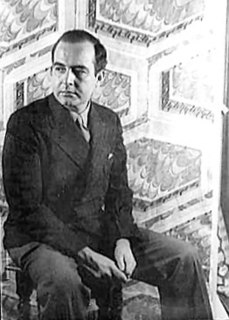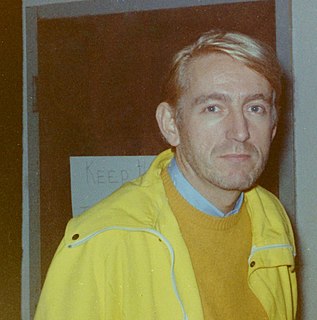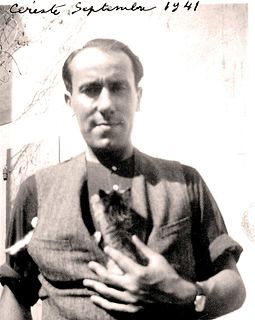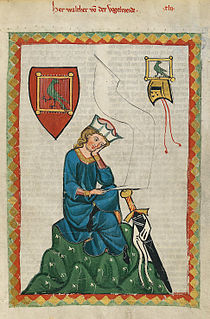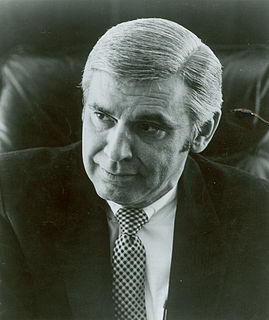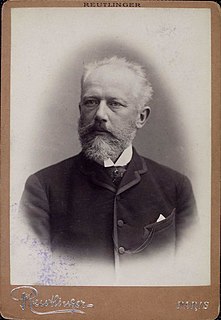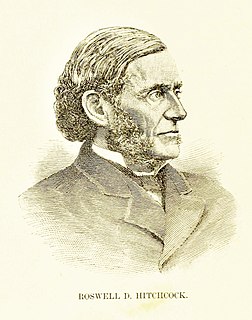A Quote by Samuel Barber
He is a lyric poet . . . aloof from the swirling currents in which many of his colleagues are immersed.
Related Quotes
One of the appeals of William Carlos Williams to me is that he was many different kinds of poet. He tried out many different forms in his own way of, more or less, formlessness. He was also a poet who could be - he was a love poet, he was a poet of the natural order and he was also a political poet.
As his colleagues have noted in their tribute to him, it was typical of Leo Ryan's concern for his constituents that he would investigate personally the rumors of mistreatment in Jonestown that reportedly affected so many from his district. Leo Ryan is the 88th recipient of a Congressional Gold Medal and only the 4th Member of Congress to receive this high honor from his colleagues.
One of the surest tests of the superiority or inferiority of a poet is the way in which a poet borrows. Immature poets imitate mature poets steal bad poets deface what they take and good poets make it into something better or at least something different. The good poet welds his theft into a whole of feeling which is unique utterly different than that from which it is torn the bad poet throws it into something which has no cohesion. A good poet will usually borrow from authors remote in time or alien in language or diverse in interest.
How can one express the indefinable sensations that one experiences while writing an instrumental composition that has no definite subject? It is a purely lyrical process. It is a musical confession of the soul, which unburdens itself through sounds just as a lyric poet expresses himself through poetry...As the poet Heine said, 'Where words leave off, music begins.'
In order to understand the phenomena in a certain plasma region, it is necessary to map not only the magnetic but also the electric field and the electric currents. Space is filled with a network of currents which transfer energy and momentum over large or very large distances. The currents often pinch to filamentary or surface currents. The latter are likely to give space, as also interstellar and intergalactic space, a cellular structure.
When I'm writing I don't feel any pressure. It's after I'm done that I start freaking out. But really, when I'm in Lebanon, I don't write much because I'm surrounded by family. I feel immersed, or enmeshed, in too many currents. I love that, but it's not conducive to writing. In San Francisco, nothing interferes with me but my cats.
It seems to me a purely lyric poet gives himself, right down to his sex, to his mood, utterly and abandonedly, whirls himself roundtill he spontaneously combusts into verse. He has nothing that goes on, no passion, only a few intense moods, separate like odd stars, and when each has burned away, he must die.
There are minerals called hydrophanous, which are not transparent till they are immersed in water, when they become so; as the hydrophane, a variety of opal. So it is with many a Christian. Till the floods of adversity been poured over him, his character appears marred and clouded by selfishness and worldly influences. But trials clear away the obscurity, and give distinctness and beauty to his piety.
